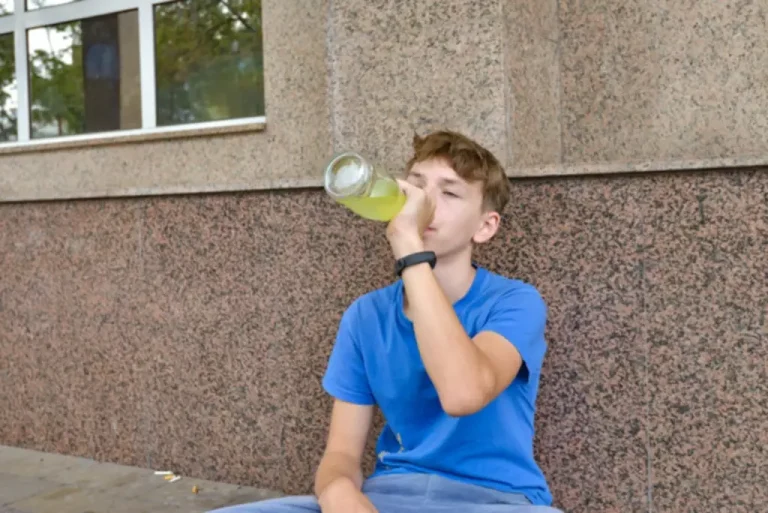
Their collective expertise shines through in each article, offering readers valuable guidance, the latest in addiction science, and inspiring stories of healing and transformation. The Grove Editorial Team is committed to educating, supporting, and empowering individuals and families on their journey toward a healthier, substance-free life. Over time, the cumulative effect of these deficiencies and the toxic impact of alcohol leads to the development of alcoholic neuropathy. Addressing these issues through comprehensive treatment is essential for managing the condition and improving the overall well-being of those affected.
How soon does alcoholism cause neuropathy?
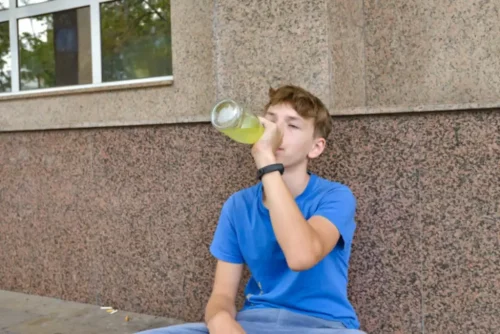
The treatment rests on abstinence from alcohol and the replacement of key nutrients. Unfortunately, patient compliance is poor, and the condition often progresses, leading to poor quality of life. Alcohol-related neurologic disease refers to a range of conditions caused by alcohol intake that affect the nerves and nervous system. Neurologic disorders can include fetal alcohol syndrome, dementia, and how to treat alcoholic neuropathy alcoholic neuropathy. Electrical nerve stimulation sends a small electrical current through the skin and nerves that can help with sensitivities and pain, making it an option for treatment.
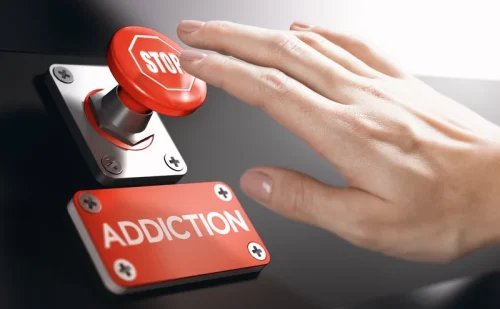
Can alcohol cause pain in your feet?
Your health care provider will perform a physical exam and ask about symptoms. Changes in muscle strength or sensation usually occur on both sides of the body and are more common in the legs than in the arms. To find out if your policy covers alcohol addiction rehab, click here, or fill out the form below.
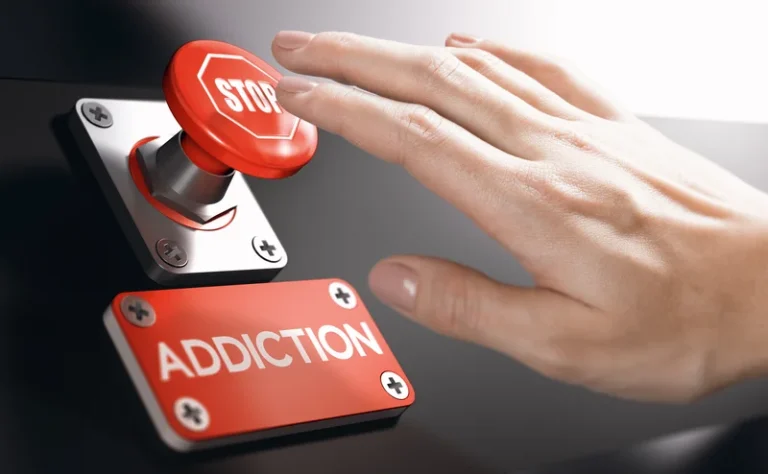
Treatment Options for Alcoholic Neuropathy
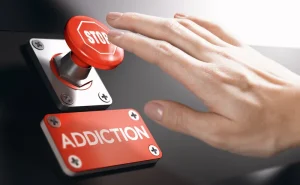
Preventing alcoholic neuropathy is fundamentally Alcoholics Anonymous about managing our alcohol intake. It’s about understanding the role alcohol plays in our lives and finding healthier alternatives to cope with stress, socialize, and relax. The psychological impact of chronic conditions such as alcoholic neuropathy should not be underestimated.
Treatment for alcoholic neuropathy
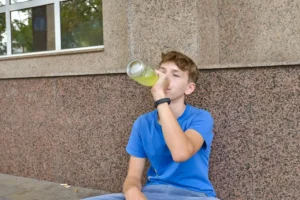
However, alcoholic neuropathy is complicated, and it is believed to be the result of the many ways that heavy alcohol use negatively impacts the body. A comprehensive rehab program with a medical detox component can help alcoholics get sober and stay that way. Many programs will help manage co-occurring disorders like alcoholic neuropathy, so the recovering patient can live a more comfortable and sober life.
- You may also benefit from a support group to help you reduce your drinking or completely quit drinking alcohol.
- Alcoholic neuropathy is a severe condition that can lead to pain, loss of some bodily functions, and loss of mobility.
- Normally, CINs fire in a burst-pause pattern vital for unlearning old behaviors and adopting new ones, but alcohol exposure shortens and weakens these pauses, impairing adaptability.
- The only way to prevent alcoholic neuropathy is not to drink excessive amounts of alcohol.
Over Half of College Students Affected by Others’ Drinking
Early alcoholic neuropathy, usually presenting as sensory symptoms in the extremities, is reversible if the patient stops drinking and establishes proper nutrition. However, more severe https://ecosoberhouse.com/ and prolonged cases may be irreversible, even with abstinence, and lead to lifelong impairment. The best way to prevent alcoholic neuropathy is to avoid excessive alcohol consumption and to seek treatment for alcoholism if you have difficulty doing so. Alcoholic neuropathy is progressive damage to peripheral nerves and, in extreme cases, the autonomic nervous system, through chronic, heavy alcohol use. Many people struggle to stop abusing alcohol on their own, especially if they have a history of abusing it for a long enough period that they’re at risk for alcoholic neuropathy. Comprehensive addiction treatment is needed to stop drinking and maintain recovery.
- Alcoholic neuropathy is a medical condition resulting from damage to the peripheral nerves due to excessive alcohol consumption.
- Plus, we’re always introducing new features to optimize your in-app experience.
- Talk with your doctor before consuming alcohol if you have any diagnosis of peripheral neuropathy.
- They can perform an evaluation, help determine the appropriate setting based on your unique needs, and provide referrals to rehabs.
It’s not completely clear why some people are more prone to this complication than others. Alcohol-related neuropathy can go away if you stop consuming alcohol and follow your treatment plan. However, severe alcohol-related neuropathy may cause permanent nerve damage.
- Test levels of thiamine, folate, and other key nutrients for the nervous systemWhen speaking to a medical professional, it is of the utmost importance to disclose all history, including alcohol consumption.
- The Wang team continues to explore how CIN dynamics impact brain health, aiming to translate their discoveries into innovative treatments for a variety of brain disorders.
- You can call our free, confidential helpline at for more information about rehab.
- Keep reading to learn more about the symptoms, causes, and treatments for alcohol-related neuropathy.
Physical and Occupational Therapy
- Yes, alcoholic neuropathy affects autonomic nerves, which control involuntary body functions.
- Constant pain in the hands or feet is one of the most bothersome aspects of alcoholic neuropathy.
- A program that caters to co-occurring disorders ensures that the alcoholism is being treated and so are any other medical or mental health issues.
- Alcoholic neuropathy results from damage to the nerves due to excessive alcohol consumption.
- It is essential to provide patient education regarding the harmful, long-term consequences of alcohol abuse.
What about some home remedy options or alcoholic neuropathy vitamins — do they exist? Home remedies like gentle exercise, warm baths, and maintaining a balanced diet can help manage alcoholic neuropathy symptoms. Vitamins such as B1 (thiamine), B12, and folate are essential for nerve health and may support recovery, especially when combined with reducing or stopping alcohol intake.
